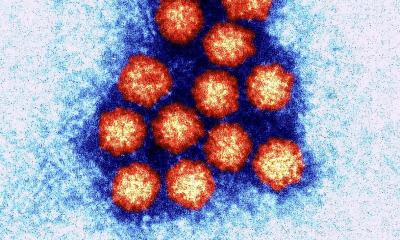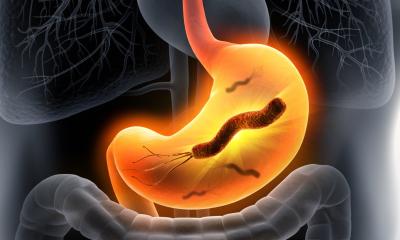HPV vaccines indicate further benefits for cervical cancer protection
New human papilloma virus (HPV) vaccine studies presented at the 16th International Meeting of the European Society of Gynaecological Oncology (ESGO) in Belgrade, Serbia, this week have confirmed sustained protection against precancerous cervical lesions in healthy young women, as well as beneficial effects for women previously treated for cervical, vulvar or vaginal precancers or genital warts.
Latest safety data also confirm the low levels of adverse events associated with the vaccines.
In a study of 1113 healthy women aged 15-25 years vaccinated with the anti-HPV 16/18 vaccine, Cervarix, sustained immunogenicity and 100% efficacy against HPV 16 and 18 related cervical intraepithelial neoplasia 2 (CIN2+) lesions was reported at 7.3 years follow up – the longest to date with the vaccine. Medically significant adverse events occurred in 8.1% of vaccinated women and 6.2% of placebo-treated women, and serious adverse events occurred in 1.8% and 2.4% respectively.
Presenting the data at a late-breaker session of the congress, trial investigator Dr Newton De Carvalha, from the Hospital de Clínicas da Universidade Federal do Paraná, Curitiba – Paraná, Brazil, concluded that that the vaccine was highly effective against HPV infection and cytohistological endpoints associated with HPV 16/18, and had similar safety to placebo.
In a second analysis, Dr Elmar Joura, from the Medical University of Vienna, Austria, showed efficacy data on 1350 women who took part in placebo controlled trials of the anti-HPV 6,11,16,18 vaccine, Gardasil, following treatment for cervical, vulvar or vaginal precancers or genital warts. These data, collected an average 1.5-1.6 years post therapy, showed efficacy of up to 74% in preventing HPV 6/11/16/18 associated CIN, and efficacy of up to 79% for prevention of further precancerous vulvar or vaginal lesions or genital warts.
Dr Joura concluded that women who have been treated for cervical, vulvar or vaginal pre-cancer or genital warts, and are therefore at increased risk of further disease, can be told that they too will benefit from HPV vaccination.
15.10.2009










